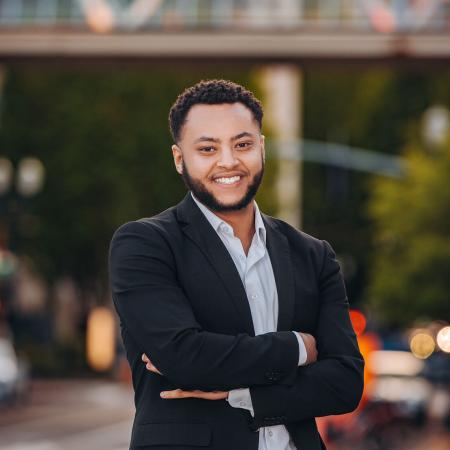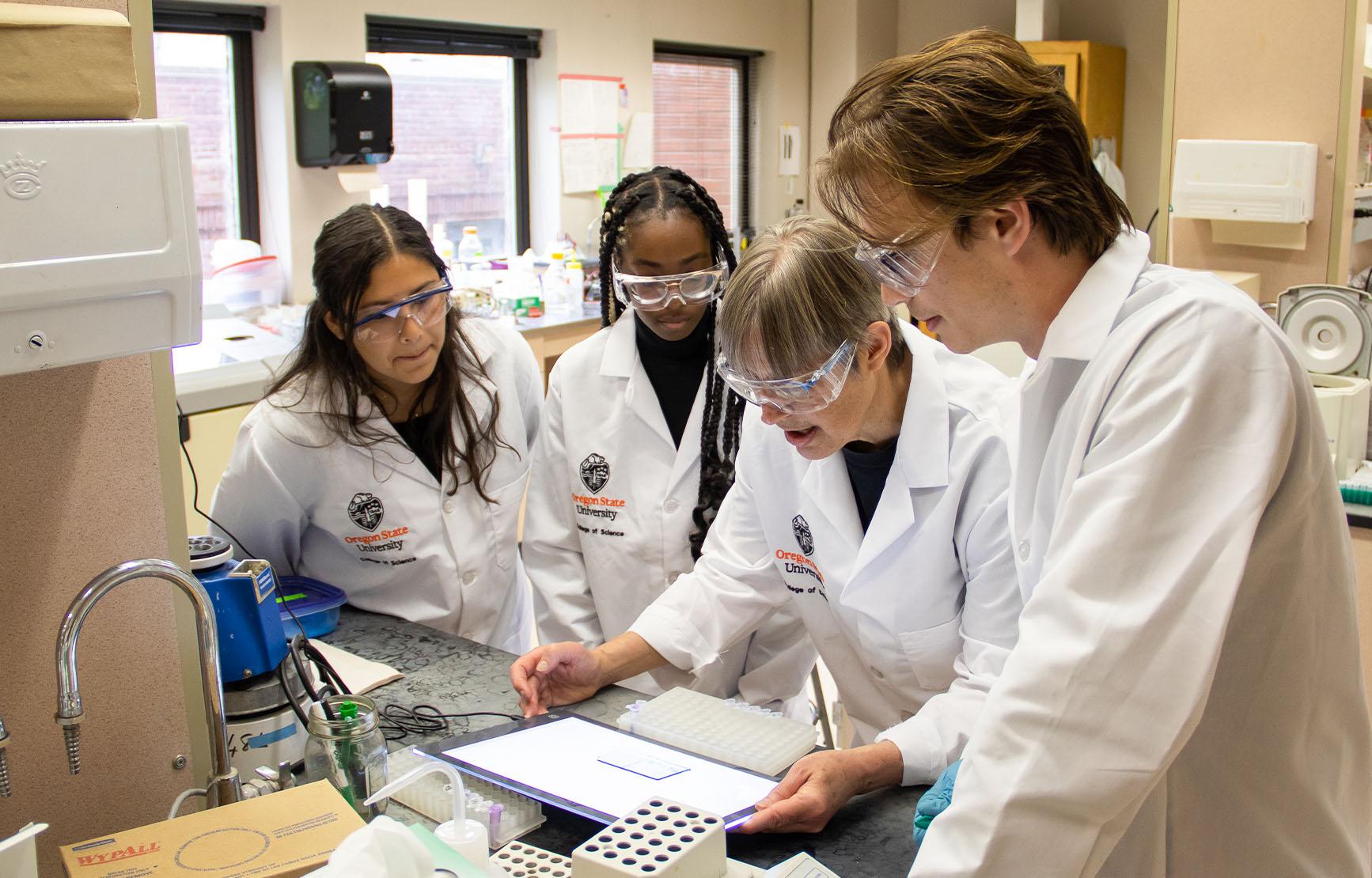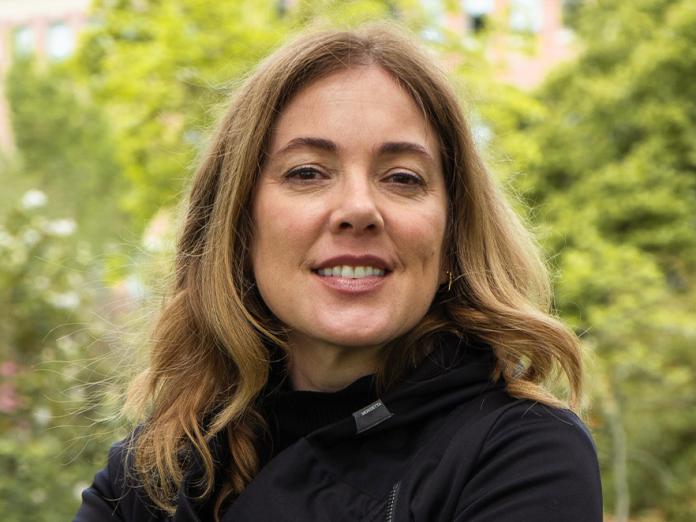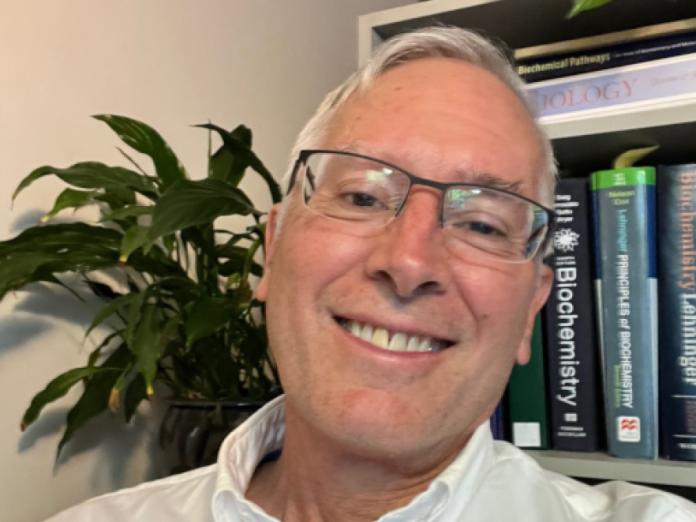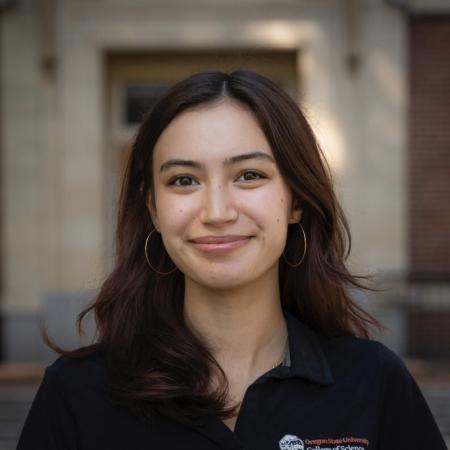The development of effective pedagogical techniques is an important part of the research of many faculty. Our faculty seek new approaches to effectively convey information, and to create an inclusive learning environment for all students.
Biochemistry education researchers
These research faculty are not currently accepting graduate students.
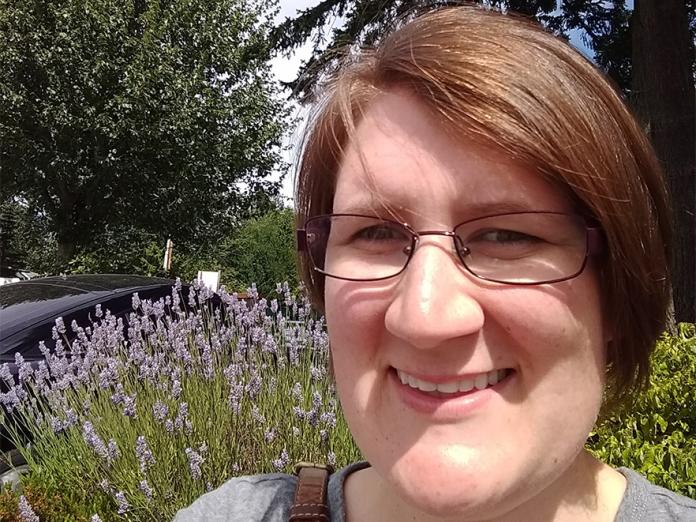
Lauren Dalton
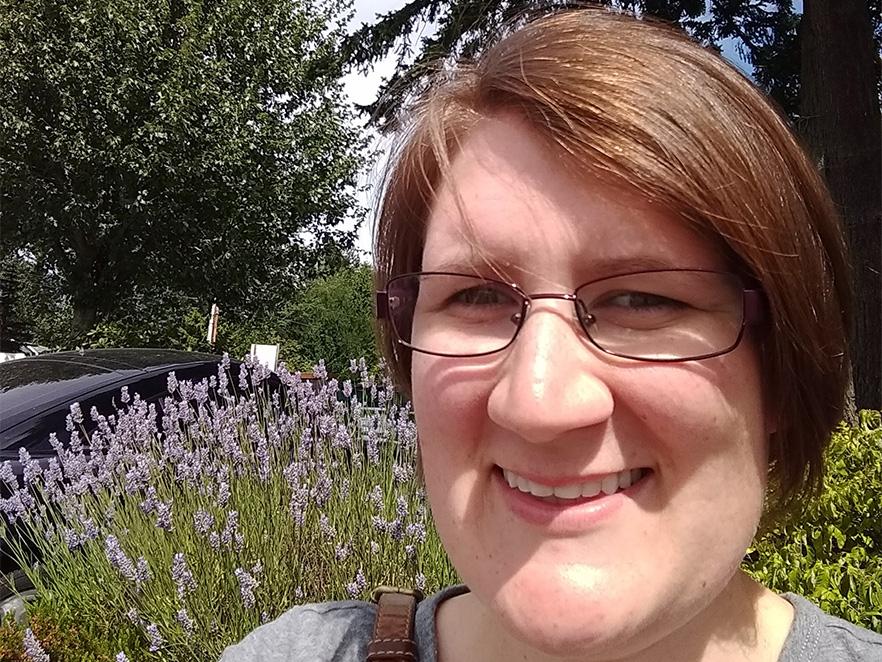
Lauren Dalton
As an instructor, I have a strong interest in preparing students for a variety of careers in the life sciences and supporting life-long learning in STEM. Specifically, I am interested in creating an engaging classroom using evidence-based techniques that promote student learning. My favorite area of biology is cell biology. My Ph.D. work used baker's yeast as a model organism to study protein trafficking, a process often disrupted in neurodegenerative disease and plant cell wall defects.
View her profile
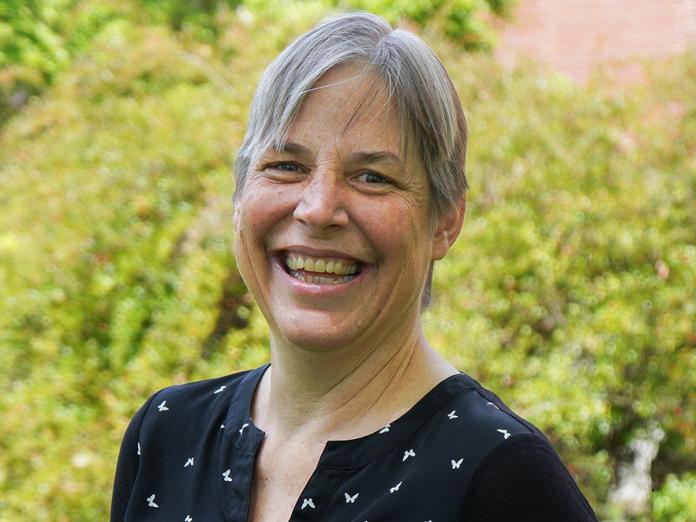
Kari Van Zee
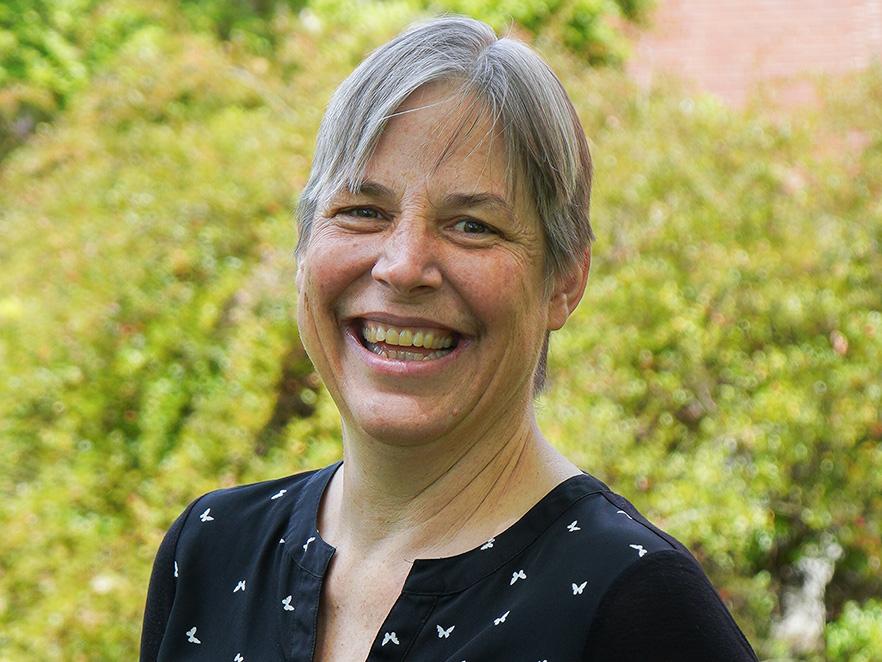
Kari Van Zee
As an instructor and advisor for the Biochemistry and Biophysics Department. I have a strong interest in preparing undergraduate and graduate students for a variety of careers in the life sciences and supporting life-long learning in STEM. I partner with Biochemistry & Biophysics faculty to integrate research projects into our undergraduate laboratory courses.
View her profile
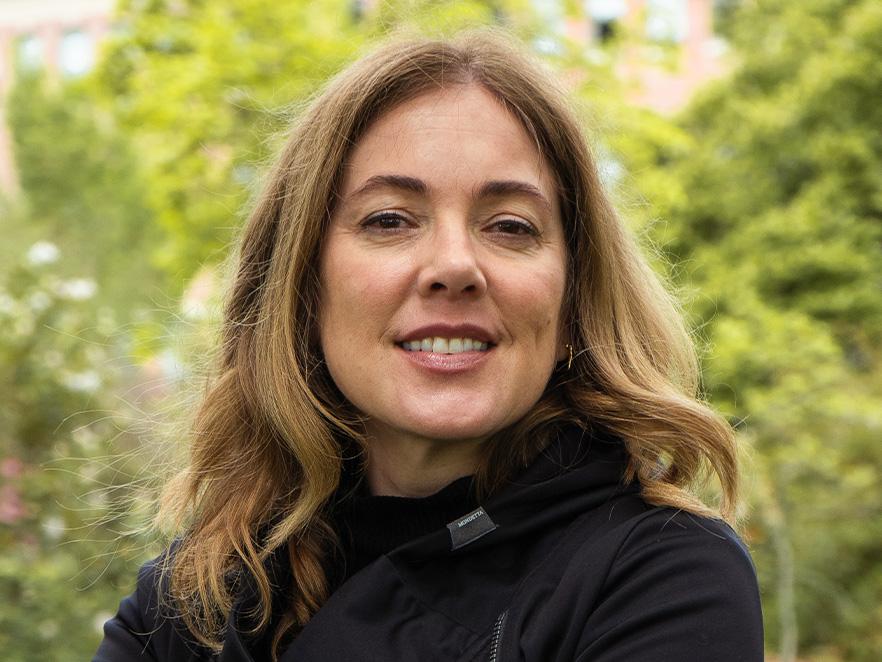
Kate Shay
I examine how innovative pedagogies serve to facilitate a transformative learning process. When we learn something new, whether in Biochemistry or another field, we layer that knowledge on our existing perspectives. Reflecting on how we incorporated the new knowledge helps deepen retention. My strategies include experiential learning, gamification, and embracing multiliteracies. In my current research, I compare the benefits of contextual and designed student interactions in upper-division biochemistry courses. Examining the ways these innovative pedagogies are transformative for students is my ongoing focus.
View her profile
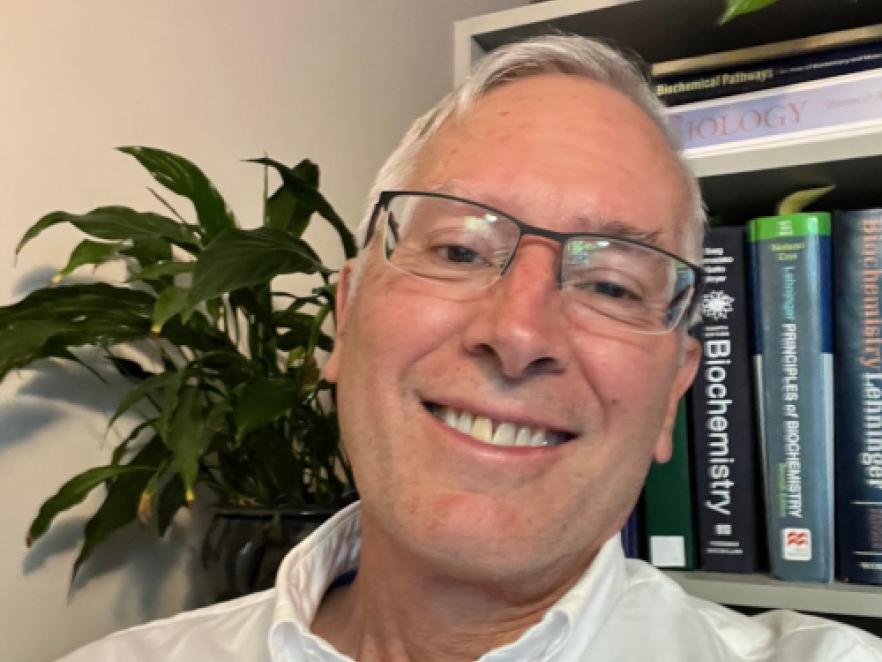
Phil McFadden
As a highly experienced college educator, my acquisition of new knowledge in biochemistry and biomineralized tissues -- from teeth and bones to fish scales and sea urchin spines -- has been a driving force behind active, hands-on learning in my classrooms. My research, which aims to understand damage and repair in our biomineralized journeys, has been incorporated into my teaching at many levels to provide students with a deeper understanding of the material and to inspire their curiosity in the field.
In addition to my work in the classroom, I have also dedicated a large portion of my career to training the next generation of scientists. I recruit and mentor overlapping cohorts of undergraduate students into my lab, providing them with the skills and knowledge they need to succeed in the field.
Finally, I am also committed to fostering science literacy among the general public. I enjoy giving talks and presentations on my research and the societal value of biochemistry, and I am always eager to share my passion for science with others.
View his profile
Latest Stories
Across the Department
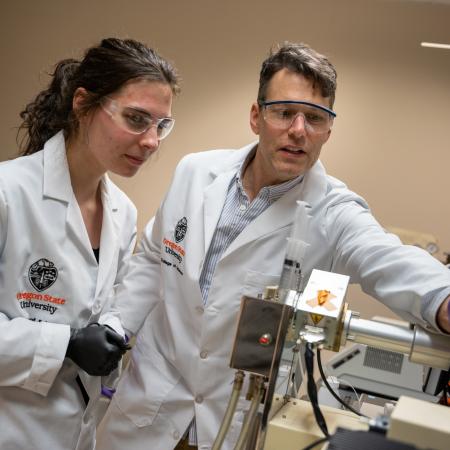
GCE4ALL leads global advancements in genetic code expansion for advanced therapies
